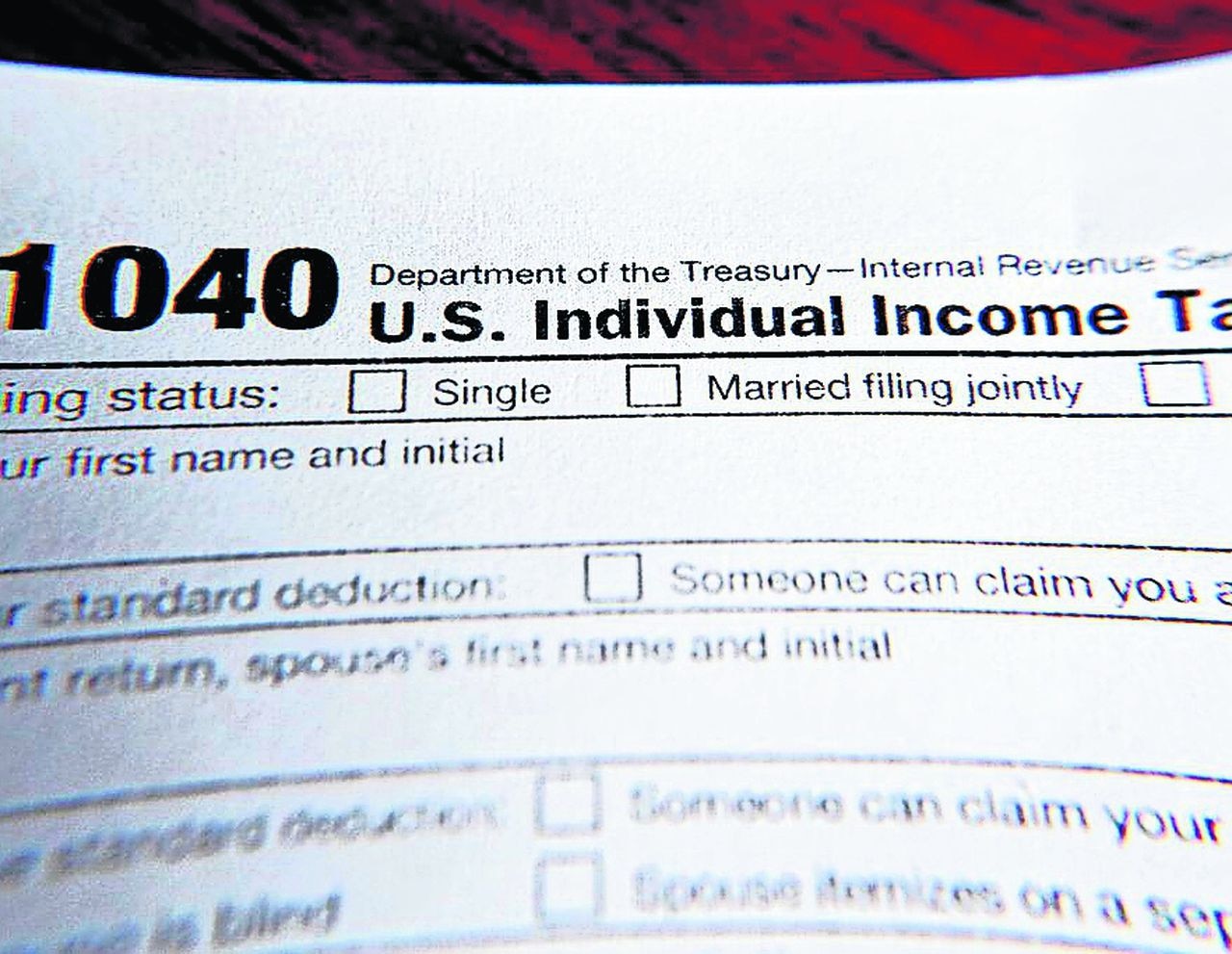Stimulus update: Why tax refunds are lower this year and how much less to expect
The end of pandemic-era stimulus programs is having an impact on tax refunds.
Internal Revenue Statistics for the week ending Feb. 17 show the average tax refund is $3,140, down 11.2%, or $396, from last year. The decline is in keeping with previous IRS alerts that said people could see “significantly smaller refunds,” this year.
“Refunds may be smaller in 2023. Taxpayers will not receive an additional stimulus payment with a 2023 tax refund because there were no Economic Impact Payments for 2022. In addition, taxpayers who don’t itemize and take the standard deduction, won’t be able to deduct their charitable contributions,” the IRS said in a statement.
READ MORE: Alabama’s income tax deadline changes for 2023
The return to 2019 pre-COVID levels includes reductions in the Earned Income Tax Credit, the Child Tax Credit and Child and Dependent Care Credit.
For the EITC, eligible taxpayers with no children who received roughly $1,500 in 2021 will now get $560. The CTC, which paid $3,600 per dependent in 2021, is cut to $2,000 per dependent. Also, the CDCC returns to the maximum of $2,100 for 2022 taxes instead of $8,000 in 2021.
What’s more, taxpayers that don’t itemize and take the standard deduction cannot deduct their charitable contributions this year.
There is some good news on the tax front. IRS efforts to speed up the process appear to be successful. So far this year, the IRS has received 36.9 million returns, 36.8 million of which have been processed, an increase of almost 10% in from last year’s figures.
